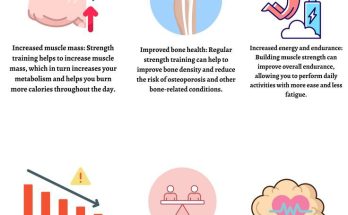The impact of smoking on your body system is numerous and boils down to several mild and life-threatening diseases. In this article, we will look at its impact on your brain and body.

Smoking is a practice or process of inhaling and exhaling a committed substance into your bloodstream.
Smoking is something a lot of people generally do, some smoke to ease stress, others to find relief from trauma, depression, and whatnot, and many others to feel happy, get high, and for the fun of it. However, smoking has its hazards. It has been scientifically proven to contribute to at least 40% of many health problems/diseases. From cancers, heart diseases, diabetes to lung disease, and many more.
It is clinically wrong to smoke, even the cigarette pack has a ‘smokers are liable to die young’ quote on it, However, this hasn’t stopped people from indulging, especially the young ones.

The Impact of Smoking on your Body System
The impact of smoking on your body system is numerous but we would subdivide them into two, the brain and the body.
How Does Smoking Affect the Brain
A study published in 2018 by National Library of Medicine says ‘Smoking can cause a decrease in blood volume’. Smoking leads to severe brain conditions like cancer, dementia, stroke, etc. When a person inhales Nicotine, it takes about 10 seconds to reach the brain, and for the dopamine released to take effect. Smoke (Cigarettes or tobacco) contains iron, zinc, and copper which can impair the cognitive functions of a person. It contains Nicotine which can make you suffer withdrawal symptoms.
Below are a few ways smoking affects the brain.
- Impaired Cognitive functions (Cognitive decline): In older individuals (among people 60 years and above), cigarette smoking causes loss in cognitive performance. Cognitive decline is the experience of frequent/constant confusion and memory loss. The substance contained in cigarette smoke can cause a rapid and frequent loss of memory, why age is a primary cause of cognitive impairment, smoking also plays a dangerous role in cognitive impairment. It could also affect the cognitive performance of a student.
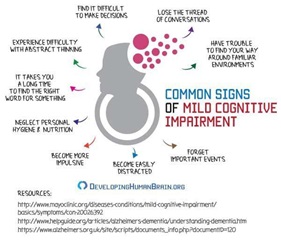
- Dementia: Dementia is typically a severe cognitive impairment. It is a severe loss of memory, language, problem-solving, and other abilities that interfere with your daily life. Smoking is associated with an increased risk of dementia. Inhaling tobacco smoke has been characterized by oxidative stress. Oxidative stress is an imbalance between toxic molecules inside the cell and the antioxidants we need to remove them. Now, research has shown that this oxidative stress is connected to the onset of dementia. A 2019 Lancet Commission on the Prevention of Dementia has taken smoking as third among nine risk factors of dementia.
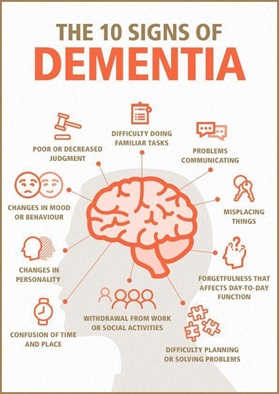
- Stroke: It has been noticed that smoking increases the risk of stroke in a smoker than a non-smoker. This is saying that stroke could happen to both a smoker and a non-smoker but the risks for a non-smoker is six times higher. Stroke is a medical condition/emergency which occurs with damage to the brain from interruption of its blood supply. It occurs due to a decrease in oxygen to the brain when blood flow to the brain is blocked or there is sudden blocking in the brain. Smoking significantly increases the chances of stroke by damaging blood vessels, triggering clot formation, and weakening blood vessels. Tobacco when smoked increases the chances of blood pressure and heart disease which are both risk factors for stroke. The chemical in tobacco also makes your blood prone to clotting.
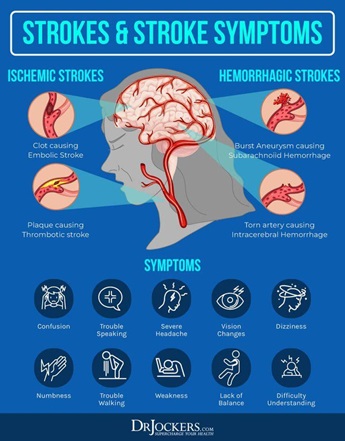
- Brain cancer: According to Dr. Ashish Bajay, M.B.B.S, M.D. ‘Smoking also causes a temporary spike in blood pressure, which can weaken the arterial walls and make them more prone to aneurysm and rupture’. Brain cancer or tumor is a cancerous or non-cancerous mass or growth of abnormal cells in the brain that requires professional/medical attention.
The harmful chemicals in a cigarette are also implicated in the causation of brain cancer. There are about 60 known cancer-causing substances in tobacco and some of them include.
- Tar: Tar is the sticky brown substance that stains the smoker’s teeth and fingers yellow-brown. It contains cancer-causing particles (carcinogen).
- Nicotine: it is an alkaloid used as a stimulant and anxiolytic. It causes cognitive impairment.
- Arsenic: It is a toxic chemical element that contains pesticides used in tobacco farming. It is found in rat poison. It causes lung cancer.
- Acetone: Tobacco smoke contains Acetone which is found in nail polish remover, it causes Lung, nose throat, and eye irritation.
- Methylamine: Methylamine is a constituent of cigarette smoke and the end product of Nicotine metabolism. It irritates the lungs.
- Carbon monoxide: This is formed when tobacco is burned. It is a poisonous gas that enters the bloodstream and affects the normal functioning of the brain and body.
- Ammonia: Ammonia increases the absorption of Nicotine hormones. It is highly toxic.
Toluene: Toluene is an organic solvent. It can irritate the eyes, nose, and skin. It is also used in making rubbers, inks, dyes, and explosives
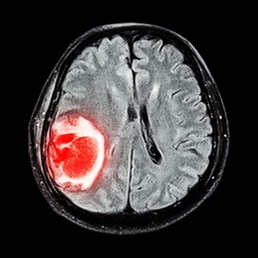
How Does Smoking Affect the Body?
Smoking can cause long-term effects on the body including heart disease, cancer, and diabetes. It includes a person’s risk of heart disease, stroke, etc. Some ingredients in tobacco can damage your blood vessels and decrease the amount of blood flowing to the body.
Smoking leads to adverse diseases and disabilities in nearly every organ of the body. Some of its diseases include,
- Cancer: Tobacco is the leading cause of cancer. It not only causes lung cancer but also cancers of the mouth, throat, esophagus, stomach, kidney, liver, cervix, rectum, etc. Cancer is a clinical disease in which abnormal cells divide and can invade other tissues. One dangerous thing smoking does is to cause cancer and still prevent you from fighting it.
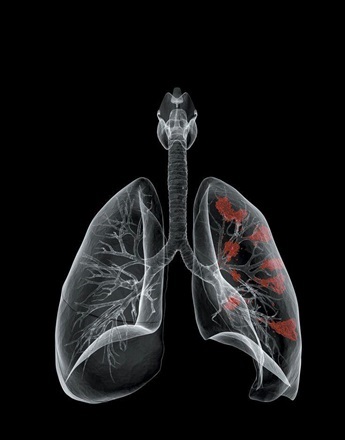
- Heart diseases: Smoking cigarettes can permanently damage your heart and blood vessels and lead to cardiovascular disease. Cardiovascular disease is a heart disease that includes diseased blood vessels, structural problems, and blood clots.
Cardiovascular diseases include coronary heart disease, narrowing of blood vessels carrying blood to the heart, heart attack, stroke, hypertension, aneurysm, and peripheral artery disease. When the chemicals in cigarettes cause atherosclerosis, thickened blood in the arteries, and other blood vessels get to vital organs like the heart and brain. This can cause blood clots which can lead to heart attack, stroke, or even death.
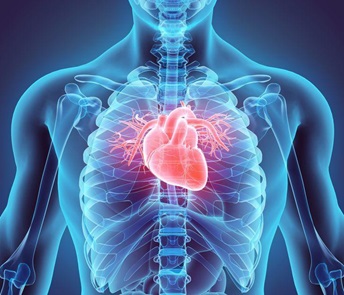
- Diabetes: Smoking Is the cause of type 2 diabetes. Diabetes is a chronic health disease that results in too much sugar in the blood. A patient with diabetes means the body either doesn’t make enough insulin or can’t use insulin very well. There are three types of diabetes they include type 1, type 2, and gestational diabetes, as earlier mentioned, smoking is a cause of type 2 diabetes.
Smoking makes diabetes harder to manage and more likely to have other serious health problems from diabetes such as heart disease, kidney disease, poor flow of blood in the hands and feet, peripheral neuropathy, and retinopathy.
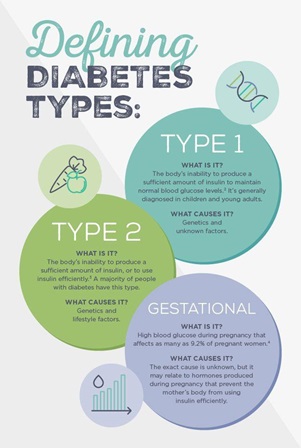
Conclusion
Smoking is extremely detrimental to your health so it’s advisable that every smoker quits smoking and every non-smoker doesn’t even think of it. The impact of smoking on your body systems, as we have seen, is vast and deadly. One major impact is that it could lead to death. Do you smoke and you want to quit? Seek medical and psychological help. Be determined and pick a flexible date when you would want to be totally free and work with it and towards it. Eat healthily and stay away from an area where smoking is going on, as even inhaling the chemical substance can be disastrous.


